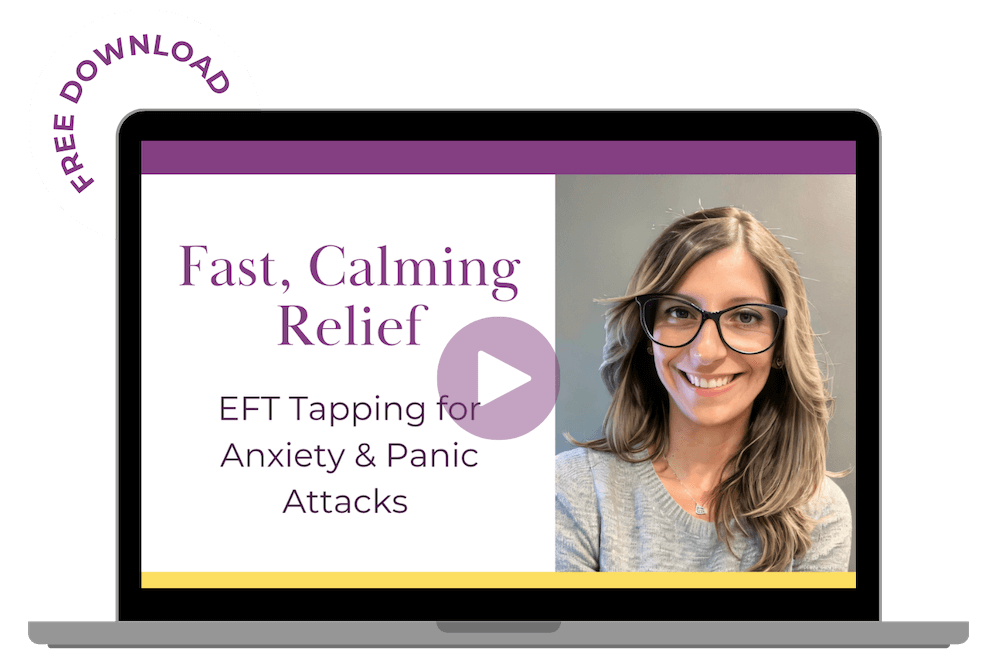Experiencing a panic attack can be one of the most intensely frightening, upsetting, and uncomfortable experiences of a person’s life. A particularly distressing symptom often reported is the extreme pounding of the heart, also known as palpitations, which can feel as though one is having a heart attack. Understanding this phenomenon is crucial in demystifying panic attacks and finding solace in the shared nature of this experience.
The Science Behind Heart Pounding in Panic Attacks
- Fight or Flight Response: The body’s natural reaction to threat, the fight or flight response, can cause the heart to race. This is part of the body’s effort to prepare for rapid action.
- Adrenaline Surge: When a panic attack strikes, an overload of adrenaline is released into the bloodstream, leading to an increased heart rate and the sensation of heart pounding.
A Look at the Numbers
- Prevalence: It’s estimated that panic disorder affects about 2-3% of the adult population in the U.S. each year, with many experiencing severe heart pounding during attacks.
- Symptom Reporting: Research indicates that over 60% of people with panic disorder report palpitations as a primary symptom during a panic attack.
From My Own Heart
Speaking from personal experience, the sensation of my heart pounding uncontrollably during a panic attack is terrifying. It’s as if my heart is trying to escape my chest, adding a layer of fear over the worry that something might be medically wrong with me. However, understanding that this is a common physical response to stress has been a critical step in my coping strategy, helping to reduce the intensity of my anxiety over time.
Strategies for Easing Heart Pounding During Panic Attacks
- Deep Breathing Exercises: Slow, deep breaths can help manage the body’s fight or flight response and reduce the sensation of heart pounding.
- Recognizing the Signs: Understanding that heart pounding is a common symptom of panic attacks can demystify the experience and reduce fear.
- Professional Support: Consulting with a healthcare provider can provide reassurance that your heart is healthy, while a therapist specialized in anxiety disorders can offer strategies tailored to your experiences.
- Lifestyle Adjustments: Reducing caffeine intake and practicing regular exercise can help manage overall anxiety levels and potentially reduce the frequency and severity of panic attacks.
A Gentle Reminder: You Are Not Alone
For anyone battling with the fear of extreme heart pounding during panic attacks, know that your experience is understood and shared by many. This symptom, while deeply unsettling, is a common and natural response of the body under extreme stress. It doesn’t signify weakness or a lack of control. By approaching our anxiety with compassion, seeking appropriate help, and employing strategies to manage our symptoms, we can find a path toward peace and resilience. Always remember, in the heart of fear, there’s the courage to confront it, and within this community, you are never alone.







